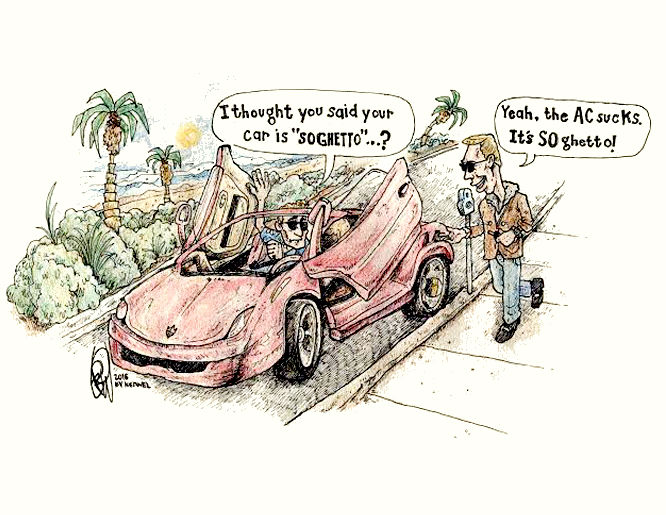Reconsider your vocabulary: Improper use of language offends groups
March 26, 2016
In this day and age, words can be taken a million different ways. The slightest thing could be taken offensively, and with the circulatory nature of social media, a person’s character can be ruined because of one wrong comment.
There is a harmful disconnect – what one group of people regularly finds offensive isn’t common knowledge to others.
No one can preach or say directly what’s wrong and what’s right in all cases. But there is a clear line that shouldn’t be crossed.
Emma Barnett, a pre-nursing freshman, became aware of the misuse of words when she started hanging around her 17-year-old cousin, who has Asperger’s syndrome. She said she flinches every time someone says the word “retarded,” because she saw how much it hurt her cousin, and no one can know just how much it affects someone else.
Growing up, Barnett’s cousin enjoyed things like “World of Warcraft” and other video games but, because of this, his peers labelled him strange. Barnett remembers a time where she visited her aunt’s house and found her cousin crying because some classmates called him retarded for getting an answer wrong in class.
“You can’t see something like that just by looking at him,” Barnett said. “He knows he’s not retarded — he’s actually really smart, but because these kids are his peers and are around him all the time, they influence him. I don’t even think they know what retarded means. It’s such a demeaning word.”
Much of what once passed as neutral, popular vernacular is used differently in today’s world. If a person says, “that’s so gay,” they aren’t trying to say something is of a homosexual nature. They are trying to express their distaste. But why use a word that has no denotational connection to the actual thought that is expressed? It doesn’t make sense when there are a plethora of words to be used instead.
There is also misuse of words because of ignorance. Take Joi’ Craig, a communication sciences and disorders freshman: Craig is African-American, and that is all a passing person knew when they said she looked “ghetto” because she had her hair tied up in a headscarf and a bonnet.
“Little did they know that I was on my way to sing for the governor’s groundbreaking (ceremony),” Craig said. “It made me feel like black girls are really judged off stereotypes, like we can’t go out a certain way without being labeled something.”
We should make it a goal to remove words from our vocabulary that have no contextual meaning in our lives. If it is unclear what it means exactly to call something “ghetto” or “redneck,” try using a word less related to stereotypes and more related to the issue at hand.
opinions@kykernel.com
































































































































































